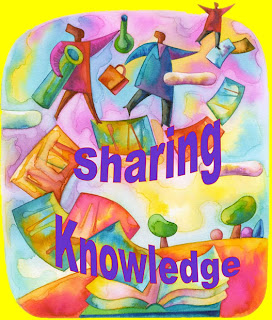
When looking at others differences people use to stereotype people in regards to culture. For example, Costa Rican people are stereotyped as unpunctual and North Americans as materialistic; which can be true, but there are cases in which those generalizations can be wrong. Nobody can judge others in view of his/her own culture’s standard; that is, making prejudiced and unreasonable perceptions based on one’s life style. Stereotypes do not allow people entirely know and learn another culture. For example, most of the time, people wrongly generalize ideas about a single country based on what they see or read. However, what it is seemed and read is not the only truth about a cultural society. There are many aspects that are hidden or unknown. I knew this because it is similar to when we know someone for the first time. At the beginning we start creating assumptions, but it is when we share with that person that we realize how she/he really is. Nevertheless, I reaffirmed this when I watch a video which a professor sent me called “The Danger of a Single Story”. It talks about how we risk a critical misunderstanding when we hear only a single story. It is because we use to see anything else than just what we hear over and over again, so that part becomes the only true. This video opened my mind and made me be aware of how stereotypes not merely are untrue, but also incomplete. Through stereotypes we see the differences not the similarities that can exist among people and cultures. Now, I recommend you to take a look at the videos below, so you can learn from them and try to avoid stereotypes. I expect you enjoy them and learn from them as much as I did.
http://www.youtube.com/watch?v=D9Ihs241zeg
http://www.youtube.com/watch?v=D9Ihs241zeg





